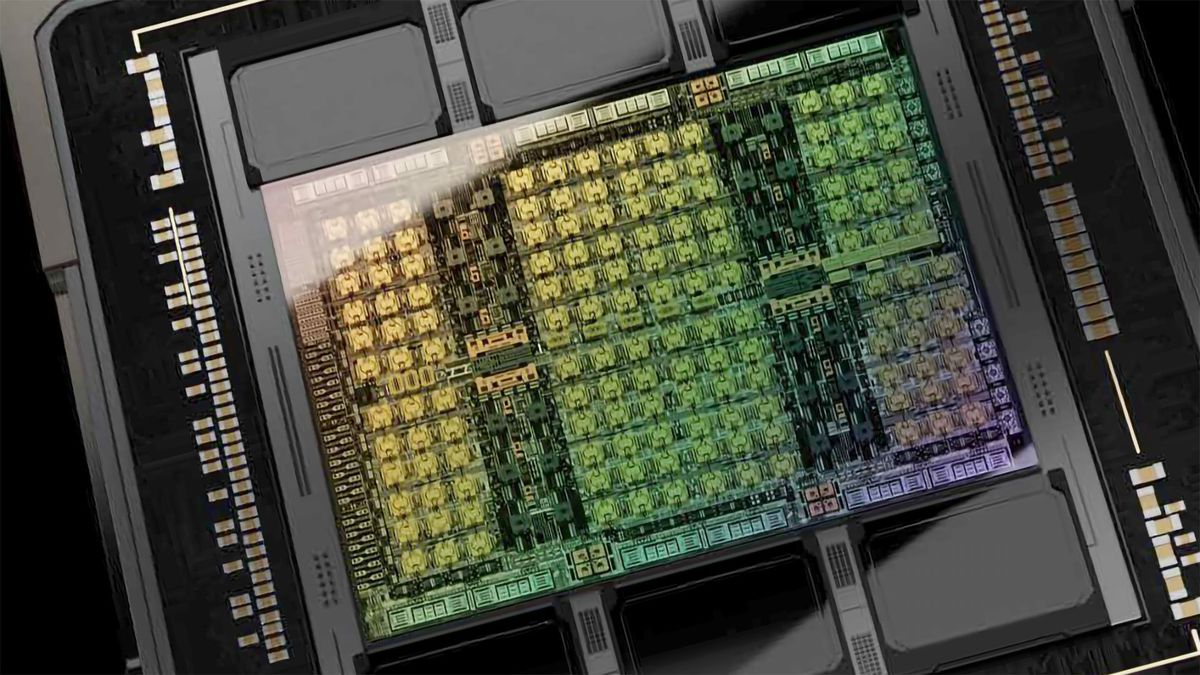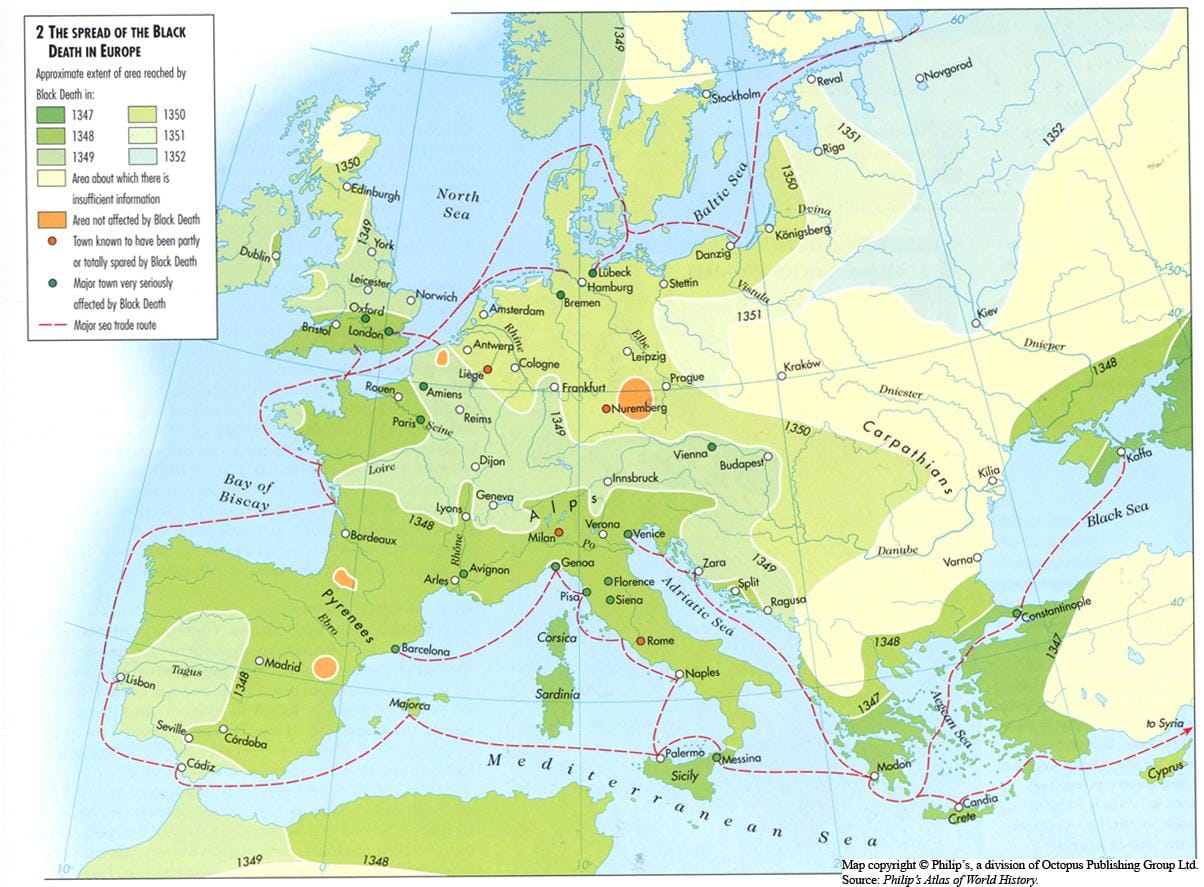Weekend Briefing No. 27

Good Saturday morning and welcome to this weekend's briefing. This week we share links on China submerging its data centers, a version 1.0 release of Autogluon - Google's advanced open-source AutoML, spies and hackers, and E-scooters. Oh, and a festive map of how the Black Death spread in Europe!
Autogluon goes version 1.0
After much waiting, Autogluon has been released as version 1.0. Google continues to up the ante in the AutoML space by incorporating rudimentary feature engineering, better performance, and benchmarking higher than many other open-source AutoML projects.
What I like about it is it's AutoMM (Autogluon Multi Modal) capabilities that let you fine tune foundational models. This is one project to keep your eye on.
China sinks 1400 ton datacenter into the sea
Talk about an Engineering feat! China plans to sink a datacenter about 115 feet below the sea off Hainan Island. The idea is to use less electricity to keep the datacenter cooled.

The computing hardware is packed inside a watertight storage module and together weighs 1,300 tons. The module is being submerged about 115 feet (35 m) under the water, a process that takes about three hours.
A bit of caution though,
The modules have been built to last 25 years, but a lot remains unknown about how the construction will be impacted by corrosive seawater and underwater ecosystems. Highlander's experience in setting these centers up is fairly limited to the tests it carried out in January of 2021 in the Guangdong port of Zhuhai.
Chinese hackers steal chip designs from major Dutch semiconductor company
I've shared links about the AI chip war before but there's a darker, skull and dagger, dangerous chip war being played out. It includes hackers and spies stealing trade secrets.

Chimera, a Chinese-linked hacker group, infiltrated the network of the Dutch semiconductor giant NXP and had access for over two years from late 2017 to the beginning of 2020, reports NRC. During this period, the notorious hackers reportedly stole intellectual property, including chip designs — however, the full extent of the theft is yet to be disclosed.
According to NXP, what was stolen didn't result in material damage to their intellectual property.
However, even though it confirmed the theft of its intellectual property, NXP says that the breach did not result in material damage — saying that the data stolen is complex enough that it can't be easily used to replicate designs.
Electric bikes and mopeds for the win
This article turned my head around. I've been seeing more E-bikes on the road, mostly operated by teenagers, and one of our friends has an E-scooter to get her back and forth to the lake. The article below shares some interesting factoids about these E-related transportation that can have a big effect on greenhouse gas emissions.

On the plus side, petrol cars cost about A$0.14 per kilometer in fuel, or about $1,820 in fuel annually for the average car doing 12,000 km. Maintenance averages at $910 a year, bringing the total to $2,730 for a petrol car.
By contrast, charging an EV would cost around $480 for that distance. Maintenance of $240 takes annual running costs to $720. So EVs are much cheaper to run. But they are expensive to buy.
I did check out the costs for an E-scooter and it was higher than I thought it would be, but I can see these prices come down with health competition and better battery technology.
Infographic
This week's infographic is about the spread of the Black Death, how cheerful and festive is that? While the origins of the Black Death are unclear, it's believed to have originated between "Kyrgyzstan and China 2,600 years ago." It spread across Europe and Asia slowly from 1346–1353.
I find this infographic interesting because it spread along trade routes and then moved inland.








Member discussion